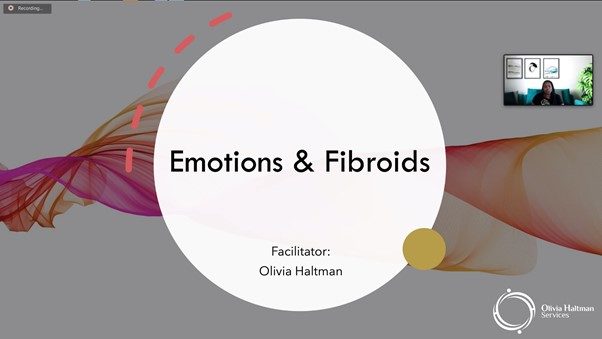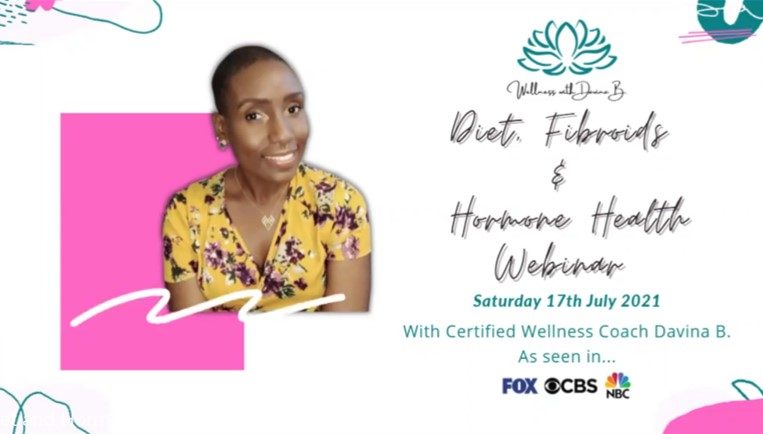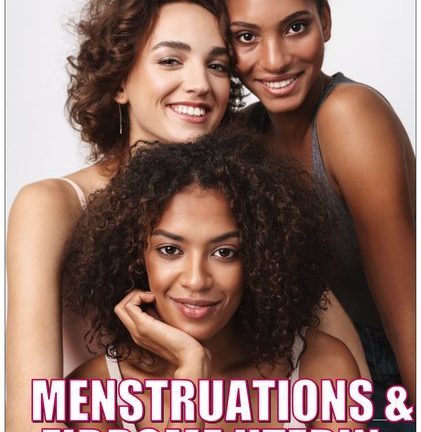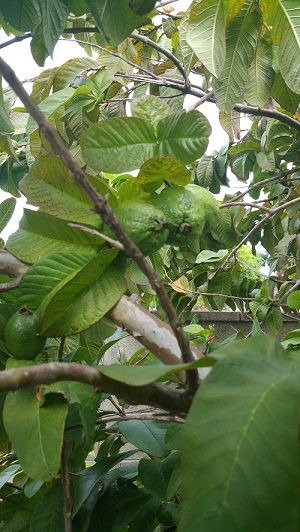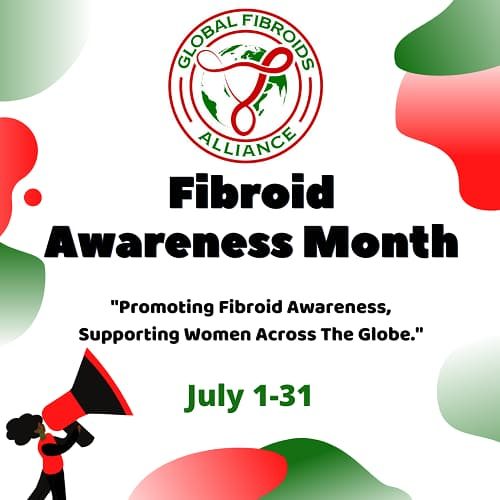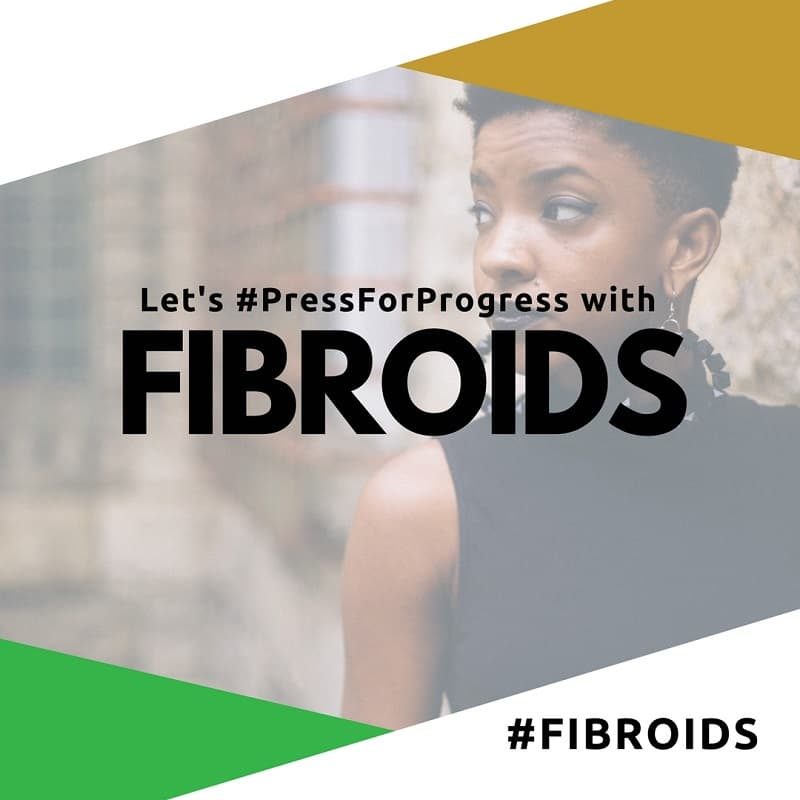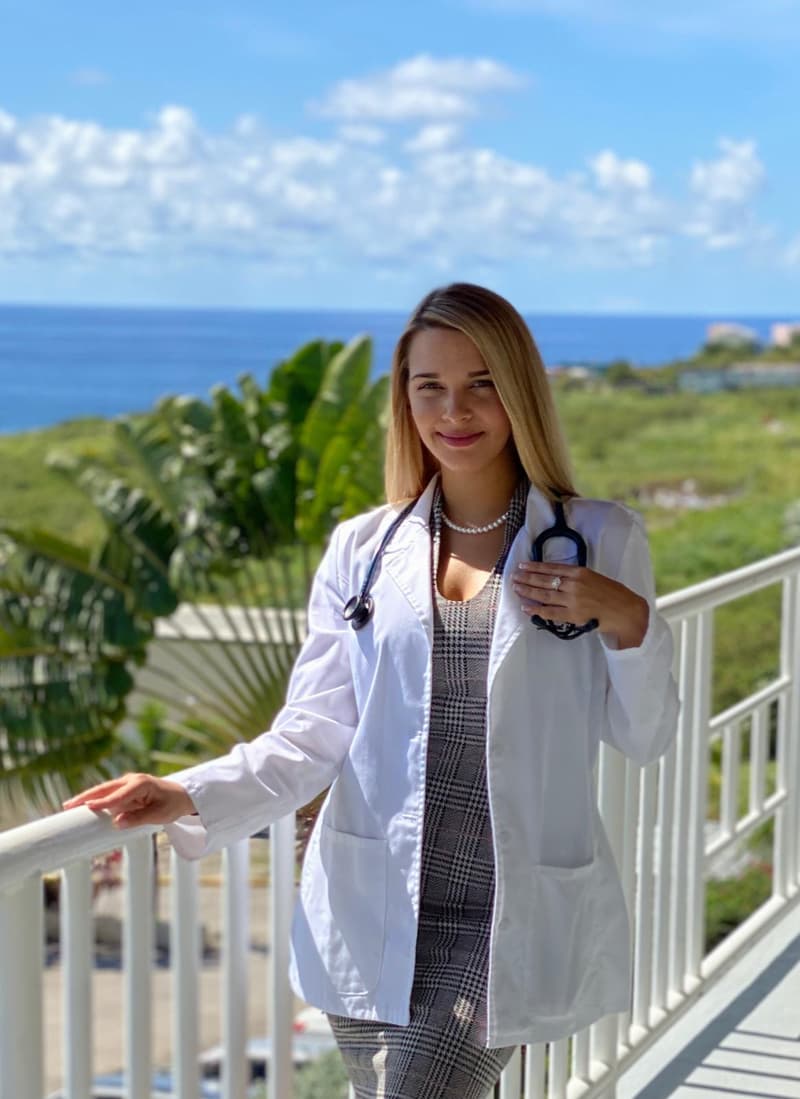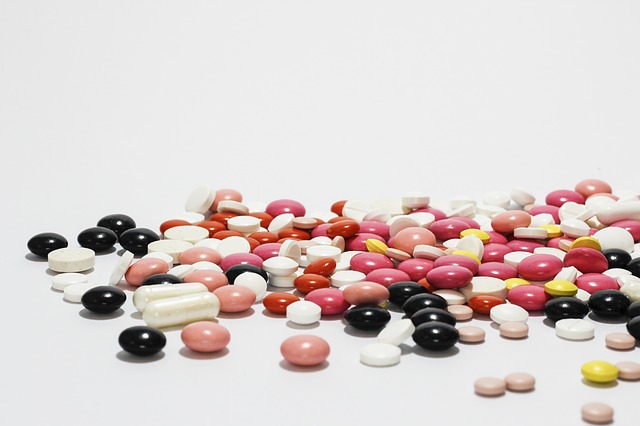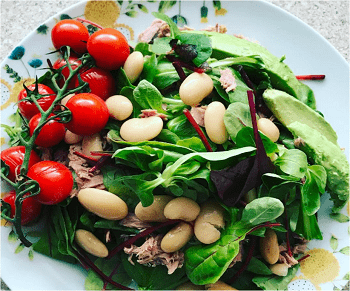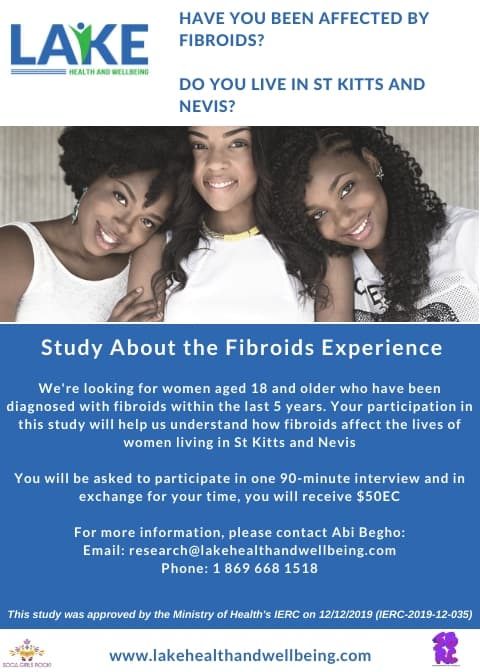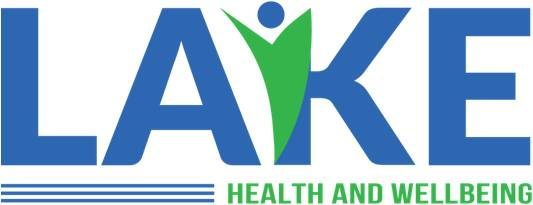 Today’s blog post comes from Mariana Ndrio. Mariana is a second-year medical student at the University of Medicine & Health Sciences (UMHS) in St. Kitts and is currently serving as the President of the American Medical Student Association (AMSA) on campus.
Today’s blog post comes from Mariana Ndrio. Mariana is a second-year medical student at the University of Medicine & Health Sciences (UMHS) in St. Kitts and is currently serving as the President of the American Medical Student Association (AMSA) on campus.
Mariana has recently started volunteering with us as a research assistant and is supporting us as we conduct our fibroids qualitative study. She is also creating a fibroids and COVID-19 infographic which will be published shortly.
Today, Mariana discusses the challenges that fibroids patients may be experiencing during this COVID-19 pandemic and shares some evidence-based self-care and stress management tips to help women with fibroids manage during this difficult period.
As the COVID-19 pandemic continues to prompt stressful changes to our daily routine and lifestyle, health-related worries regarding ourselves and loved ones have undoubtedly intensified. While the growing uncertainties stemming from financial difficulties and social isolation impact the health and personal decision-making of everyone across the globe, women suffering from uterine fibroids are facing unprecedented challenges in their attempts to preserve their mental and physical wellbeing.
Uterine fibroids are the most common benign tumours among women. While some cases of fibroids are accompanied by no side effects, other cases contain patterns of heavy menstrual bleeding, long and irregular periods, pelvic pressure and pain, constipation, frequent urination, and in rare occasions, infertility.
Treatment for fibroids can range from no treatment at all to surgery, depending on the severity of symptoms. Aside from apparent physical symptoms, the psychological impact of fibroids should not be disregarded. In a 2013 national survey of 968 women suffering from fibroids, 79% of the surveyed women expressed fear that their fibroids will grow or experience further health complications. According to a 2014 study assessing the emotional impact of fibroids half of the participating women reported feeling helpless and that they had no control over their fibroids, because of the difficulty managing and predicting the heavy menstrual flow.
Black women are 3 times more likely to become diagnosed with fibroids than white women, just as they are more likely to develop fibroids at a younger age; moreover, their fibroid size, frequency, and symptom severity are much greater.
As a medical student that remains generally impressed by the increasing amount of existing medical and scientific knowledge, researching gynaecological diseases such as fibroids have led me to a stark realization: that despite the high prevalence of uterine fibroids among women, not enough high-quality data is available to formulate evidence-based guidelines that address patients’ needs adequately. This points to a larger, unforgiving gap in medical knowledge pertaining to common diseases affecting women, and when combined with the gap in medical knowledge regarding COVID-19, a mixture of increased emotional stress and confusion is to follow. Such stress can hinder overall physical health and may exacerbate fibroid symptoms by influencing cycle length, vaginal bleeding patterns, and painful periods. If you are feeling uncertain or anxious, know that you are not alone; your worries and feelings are valid.
For that matter, we compiled some scientifically-backed tips that could be helpful in restoring a sense of control and ease in these difficult and unprecedented times.
First, don’t hesitate to reach out.

While staying home and self-isolating is the best way to stay protected from COVID-19 and prevent the spread of the virus, this should not halt or compromise access to necessary medical care for women suffering from fibroids.
If you need to see a healthcare provider for a gynaecological reason, reach out to your medical provider and try to see if they are able to set up a virtual appointment or address non-urgent concerns over the phone (such as prescription refills).
While it is true that a lot of non-urgent appointments and elective surgeries are cancelled, many medical professionals and medical facilities are encouraged to use and have already embraced telehealth services which allow long-distance patient and clinician care via remote and virtual appointments, intervention, education, and monitoring. Telehealth services vary based on your location and medical provider. But even if you are having difficulties accessing gynaecological telehealth services locally, you might be able to reach out to service providers in other countries such as the U.K, U.S, or Canada. For example, USA Fibroid Centers provide virtual appointments you can schedule online. Women to Women OB GYN Care, located in Florida, states in their website that they welcome appointments from women internationally and the Caribbean. The Pan American Health Organization (PAHO) has also attempted to establish or expand telehealth services in a lot of Caribbean countries.
Keep up to date with your prescribed medications.

Keeping up to date with your prescribed medications can be confusing during a pandemic. You might feel like your regular access to your medical provider or pharmacy is compromised, you might worry that your current medications might be making you vulnerable to the COVID-19 or you might be feeling uncertain regarding the continuation of your current prescribed medications or supplements.
Nonetheless, it is important that you continue taking your prescribed medications and/or supplements unless otherwise advised by your physician. If you are receiving preoperative therapy (Zoladex, Lupron, etc.) but your surgery is cancelled, ask your physician regarding the course of your current prescribed therapy. If you have been prescribed a drug called Esmya (Ulipristal Acetate), you must consult with your physician regarding its discontinuation; as of 2020, Esmya’s license has been suspended due to the risk of serious liver injury. As mentioned previously, do not hesitate to discuss any concerns you might have regarding your current medications and supplements with your medical provider.
Plan ahead.

Studies show that women with fibroids might present heavier, prolonged bleeding and frequent, irregular periods. While everyone during a pandemic is worrying and trying to secure produce and disinfecting supplies, women suffering from fibroids have to also think about stocking up on female hygiene products. Especially, since frequent trips to the stores must be limited due to social distancing/quarantine rules.
Ensure that you have enough gynaecological hygiene products at home, to eliminate frequent trips to the store and avoid exposure to the virus. This by no means should be considered as the green light to go into a buying frenzy. Try to remain conscientious of the needs of others.
If buying hygiene products in bulk is not an option due to financial difficulty or store availability, reach out to local non-governmental organizations (NGOs) or philanthropic entities, that might be willing to donate hygiene products such as the Days for Girls International Organization or even by reaching out directly to product manufacturers. Local grassroots organizations or associations in your region might also be able to donate hygiene items. Moreover, the governmental departments of public health or genders affairs might be willing to assist women in need of hygiene products.
This pandemic could also be a good time to consider reusable, more economical and environmentally friendly menstruation products such as washable pads, menstruation caps, or absorbent underwear. Check Days for Girls .org and learn how to make sanitary washable period pads during the COVD-19 pandemic, diligently following sanitary safety precautions.
Maintain healthy eating habits.

Research has shown that following a healthy balanced diet, filled with fruits and vegetables, could lower the risk of developing fibroids and may help to alleviate symptoms.
While access to your usual healthy foods might be compromised at the moment, try to make healthy dietary choices while in quarantine. More specifically, dieticians recommend an increase in the consumption of cruciferous vegetables such as cabbage, broccoli, and kale. This category of food contains a phytochemical called indole-3-carbinol which recent research has suggested may prevent the cellular proliferation of fibroids and consequently prevent exacerbation of fibroid symptoms.
For many years, there has been a significant amount of scientific evidence that vitamin D may inhibit fibroid growth. Get your serum vitamin D levels tested and supplement (with medical supervision) as needed to correct a deficiency. A few recently published studies assessing the role of vitamin D against COVID-19, suggested that there is a possible link between the two and that vitamin D can have a protective effect against COVID-19.
Stay hydrated by consuming adequate amounts of water during the day and eliminate alcohol and caffeine. Researchers are advising women to avoid alcohol and caffeine because these substances are metabolized by the liver adding more stress on it and making it work less effectively at metabolizing oestrogen in the body. Additionally, amidst the COVD-19 pandemic, the World Health Organization (WHO) urged the public to reduce alcohol consumption because alcohol compromises the body’s immune system and increases the risk of adverse health outcomes, making people more vulnerable to COVID-19. In other words, by cutting out alcoholic beverages, you are protecting yourself from adverse outcomes from both the COVID-19 and fibroids.
In addition, researchers believe that endocrine-disrupting chemicals (EDCs) which mimic oestrogen activity, may fuel fibroid growth. Examples include processed foods which contain various oestrogen-like preservatives; bisphenol A in water bottles, canned foods and plastic containers; various pesticides, herbicides, insecticides; and additive hormones and steroids used in meats and dairy products.
Try to choose organic, locally grown and in-season foods that are hormone and pesticide-free. Attentively wash any produce and peel fruits and vegetables. Reduce the use of plastics whenever possible and avoid reusing plastic water bottles or microwave food in plastic containers.
Stay active.

Research shows that a higher BMI – body mass index – is linked to the development of fibroids. By exercising you can reduce your BMI and prevent the fibroids’ growth. It may also help alleviate symptoms caused by fibroids. At the same time, exercise improves mental health by reducing anxiety, depression, and negative mood and by improving self-esteem.
Continue performing simple or recreational household chores and find an indoor workout routine such as yoga or aerobic exercises that you can perform at home while keeping up with the rules of quarantine. Choose what works best for you, based on your physical fitness and medical advice.
Be gentle to yourself—your body & your mind

On days that you are feeling pain and other fibroid symptoms, rest up and give your body time to heal. Try to soothe cramps by applying heat and wear comfortable clothes.
It’s okay to spend a whole day in bed recovering. Be gentle with yourself and do not undermine what your body is trying to tell you.
We live in a society where time and productivity are precious and synonyms for money and self-worth. Yet, nothing is more precious than your physical and emotional well-being. Do not feel guilty for taking some time to rest and recover.
Although self-care looks different for everyone and should be based on your personal needs and situation, there are a few suggestions that could work for you and help you boost your mental well-being:
- Try to meditate and practice mindfulness. You can find a lot of free guided meditations online or on YouTube.
- Monitor your thoughts and feelings in a journal.
- Practice good sleep hygiene. Maintain a sufficient sleep schedule, stay away from electronic devices while in bed, and start a regular bedtime routine—such as drinking a soothing tea, taking a warm bath or shower, reading, etc.
- Limit the amount of media you ingest daily.
- If you live alone reach out to family and friends via phone or video. If you live with family, roommates, or a partner use this time to connect and nurture your relationships.
And remember, during these confusing and unprecedented times and while you are feeling that this pandemic is affecting you, in particular, a bit harder than the rest, there is always a community of women who are feeling exactly like you—you are not alone.
Sources
- Mayo Clinic website: “Uterine Fibroids.” – http://www.mayoclinic.com/health/uterine-fibroids/DS00078.
- Seminars in reproductive medicine: “Uterine Fibroids: Burden and Unmet Medical Need.” – https://www.ncbi.nlm.nih.gov/pmc/articles/PMC6193285/
- CARE About Fibroids: “Uterine Fibroids: The Emotional, Physical, and Economic Toll.” – http://www.careaboutfibroids.org/toll-of-fibroids.html
- The BMJ, British Medical Journal Publishing Group: “Uterine Fibroid Drug Is Recalled after Case of Liver Failure Requiring Transplant Prompts EU Review.” www.bmj.com/content/368/bmj.m1112.
- American Journal of Clinical Nutrition: “Dietary glycemic index and load in relation to risk of uterine leiomyomata in the Black Women’s Health Study.” – https://www.ncbi.nlm.nih.gov/pmc/articles/PMC2854903/
- Journal of Obstetrics and Gynaecology: “Vegetarian diet and reduced uterine fibroids risk: A case-control study in Nanjing, China.” https://www.ncbi.nlm.nih.gov/pubmed/26458740
- Reproductive Biomedicine Online Journal: “Quercetin and indole-3-carbinol inhibit extracellular matrix expression in human primary uterine leiomyoma cells” – https://www.sciencedirect.com/science/article/abs/pii/S1472648320300249
- Fertility and Sterility Journal: “Endocrine-disrupting chemicals and uterine fibroids.”- https://www.ncbi.nlm.nih.gov/pmc/articles/PMC5051569/
- Healthline Magazine: “How Alcohol Can Affect your Immune System.”- https://www.healthline.com/health-news/can-alcohol-hurt-your-immune-system-during-covid-19-outbreak
- The Elusive Magical Solution: The Relationship between Vitamin D and Fibroids- https://scholars.direct/Articles/gynecology-and-obstetrics/ago-3-008.php?jid=gynecology-and-obstetrics
- The role of Vitamin D in the prevention of Coronavirus Disease 2019 infection and mortality- (https://www.researchsquare.com/article/rs-21211/v1)
- American Journal of Epidemiology: “Association of Physical Activity with Development of Uterine Leiomyoma.” – https://academic.oup.com/aje/article/165/2/157/97971
- Mayo Clinic: “ COVID-19 and Your Mental Health”- https://www.mayoclinic.org/diseases-conditions/coronavirus/in-depth/mental-health-covid-19/art-20482731
- Lake Health and Wellbeing: “Fibroids and your Mental Health.”- https://lakehealthandwellbeing.com/newsite/wp-content/uploads/2019/05/FibroidsANDEmotionalWellbeingVersion2.pdf







